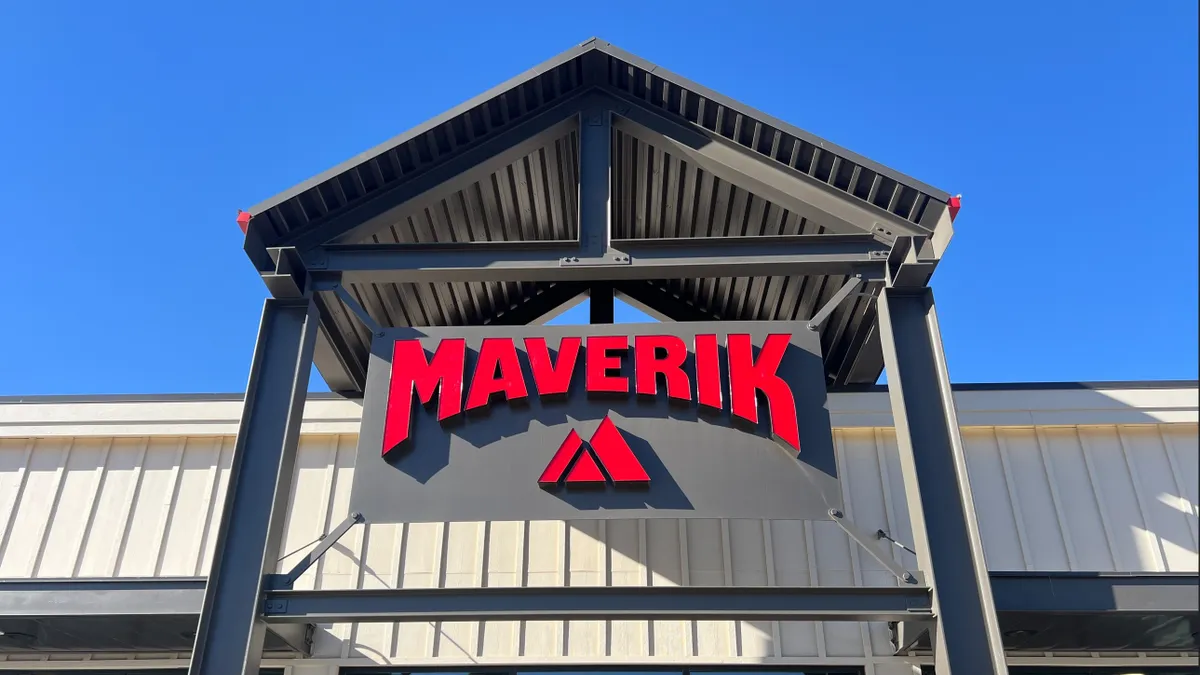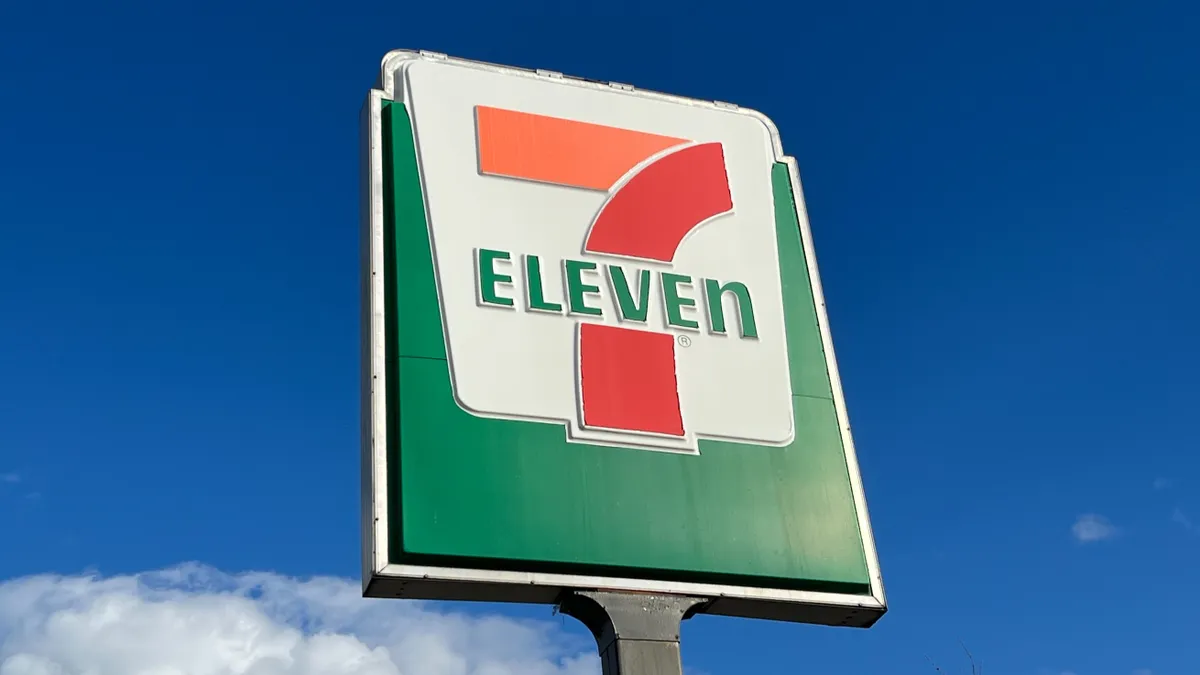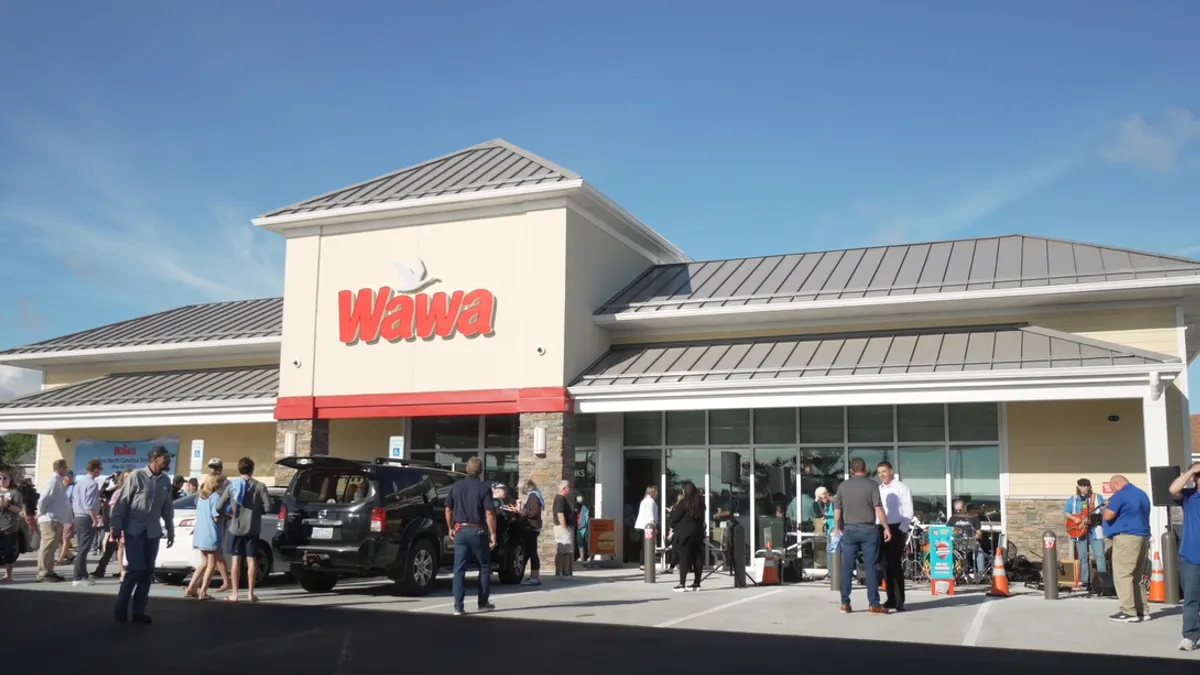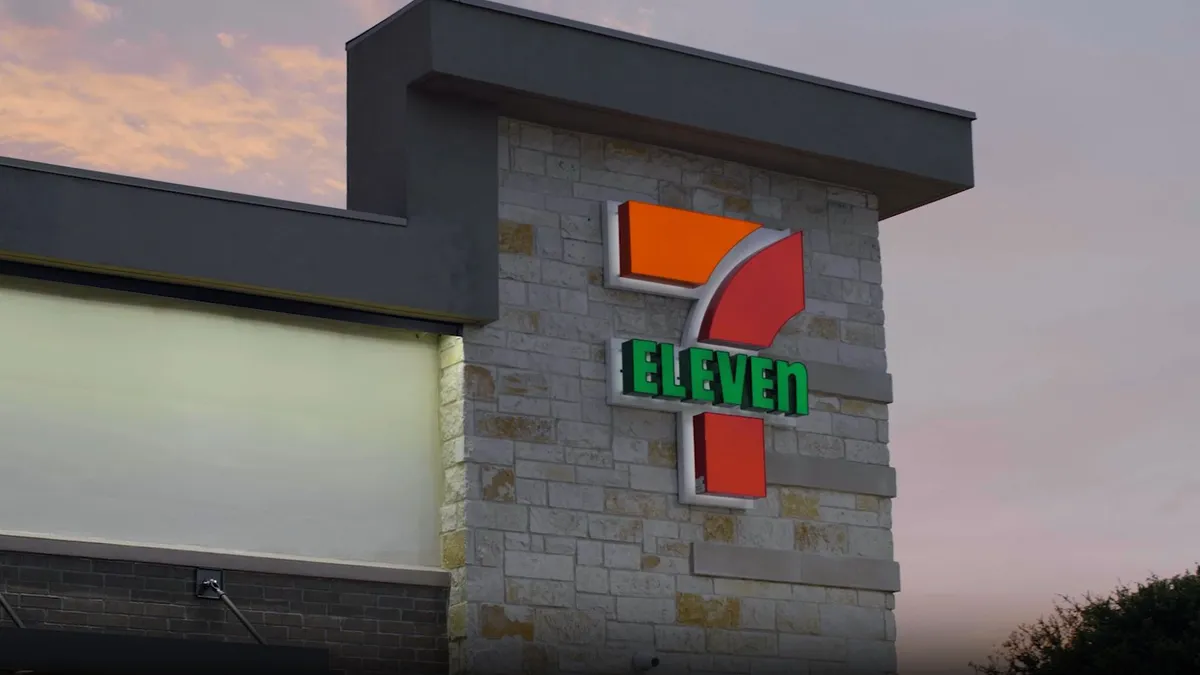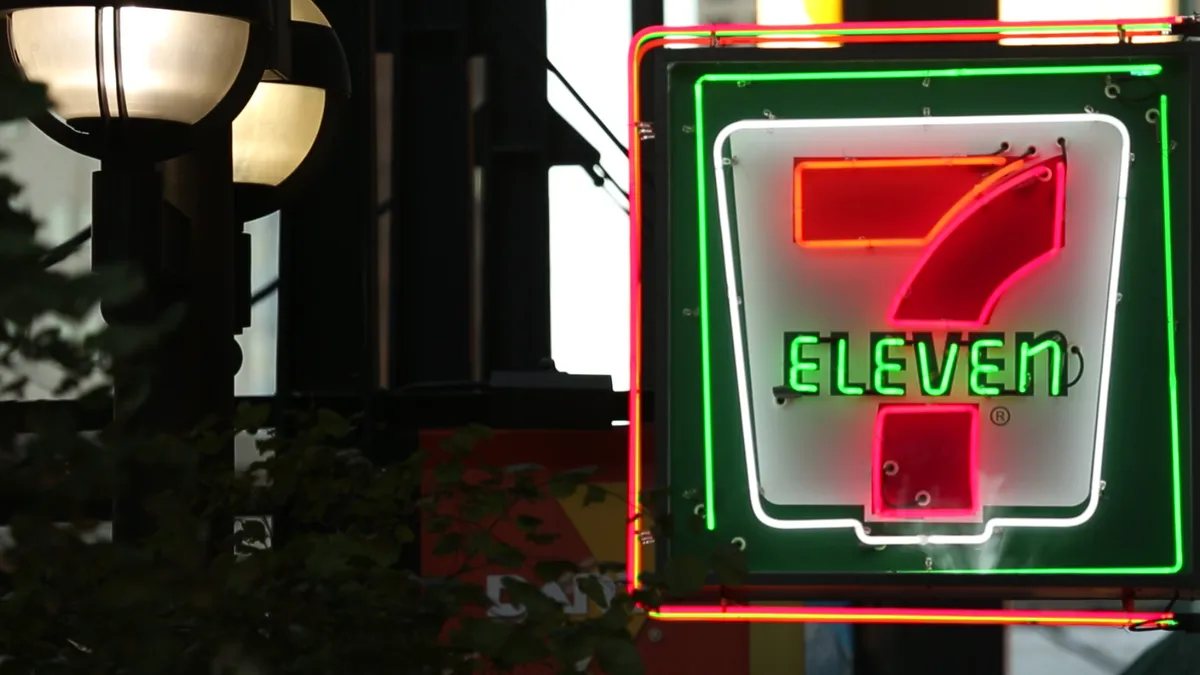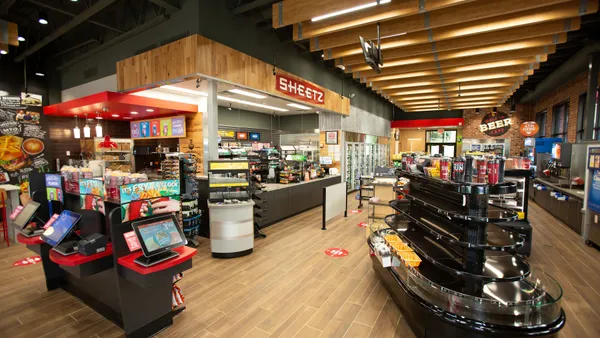Ricky Rockets, an Illinois-based c-store chain, stands out from many of its rivals through its eye-catching building designs and its unique novelties inside, like T-shirts and its own stuffed animals.
It’s also increasingly standing out for its decision to transition to biodegradable disposable items like straws, food containers and more throughout its stores.
The family-owned business has grown from one location to 10 in the last decade — nine in Illinois and one in Texas — said Romaus Mesa, director of food operations and regional manager for five stores. Another store is currently under construction, and the chain is looking to build more in the coming years, with an eye on truck stops in particular, he said.
“Our one last one that we're building this year — it's almost complete — will be an enormous truck stop … 150 truck parking spots, showers, driver’s lounges, restaurants,” said Mesa. “We’ll have slot machines in there.”
The company tried to implement a recycling program, but ran into an issue where people would accidentally throw non-recycling items into the recycling bins, which resulted in fines from the recycling company.
Mesa is finding much more success with moving many disposable items toward biodegradable alternatives. The company has already swapped a number of items over to biodegradable options, including straws, cutlery, T-shirt bags and some food packaging.
While Ricky Rockets has an easier time getting these types of products in Illinois than in Texas because there are more vendors, Mesa said he’s hoping to switch all the company’s paper goods to biodegradable options by 2025.
Mesa said the importance of green initiatives like Ricky Rockets’ shift to biodegradable items was instilled in him by his wife. She got him thinking about the impact of all the paper goods they were using on the environment.
“This year alone, we purchased over 3,000 cases of paper goods products,” he said. All these items would eventually end up in a landfill — tens of thousands of pounds worth per year.
It’s a problem Mesa feels is important to address.
“How can we get to the younger generation, to let them know we care?” Mesa said. “They look at fuel centers and all they think is, ‘All they’re doing is destroying the planet’.”

Finding the right products
Going green may appeal to a segment of c-store consumers, but many of them won’t make the switch if the environmentally friendly option gives them a materially worse experience.
Mesa said he reached out to suppliers about the Earth-friendly options they had. Once they came back with samples, he put them to the test.
For example, he tested straws by putting them in cups of water for days at a time, both in his home and in his office, to see how they would hold up. The company ended up going with an option from a supplier called StrawFish that makes biodegradable goods out of sea shells.
“It's amazing how sturdy this product is,” Mesa said.
The company’s robust food program includes “A lot of hot dogs” as well as barbacoa and carnitas burritos, pizza, chicken sandwiches, Italian sausage and more, all made in the stores. Those foods all need containers as well, so Mesa did the same sort of rigorous testing with sets of hot food containers made from sugar cane.
“I would put them on our food warmers, just to see how long they’d last,” he said. “And then I started putting them in an oven at over 200 degrees, to make sure they can take some of the heat.”
The chain also transitioned to biodegradable soup containers made from recycled paper.
As the company has made this shift, Mesa said there are some items that are proving tricky to pick alternatives for.
“Right now, the hardest part is to find clear items or poly items that are biodegradable,” he said.
“How can we get to the younger generation, to let them know we care? They look at fuel centers and all they think is, ‘All they’re doing is destroying the planet’.”

Romaus Mesa
Director of Food and Regional Manager, Ricky Rockets
Impact on the stores
Doing right by the environment doesn’t come cheap, however.
Regular straws can be purchased for about a penny per straw, Mesa explained, while the biodegradable ones cost about 3 cents apiece.
“It is a little bit more, but we're willing to absorb that cost to make sure that they know that we do care about the environment, that we are making a conscious effort,” he said.
These efforts could be particularly impactful with Gen Z, as research firm First Insight found that 73% of Gen Z consumers are willing to pay more for sustainable products.
The company is already seeing word getting around, and seeing some customers coming in specifically to use their more environmentally friendly supplies. Some shoppers are bringing their own food, but Mesa is just happy they’re coming into the stores.
“From those little beginnings, next thing you know it’s, ‘Well, I’m already here, let me get gas. I’m already here, let me get a coffee,’ you know?” said Mesa. “We are kind of making it part of their daily routine.“
Getting to be part of that routine will help build their clientele long-term.
“That's when you really stick, Mesa said. “When you get people changing their daily pattern.”







